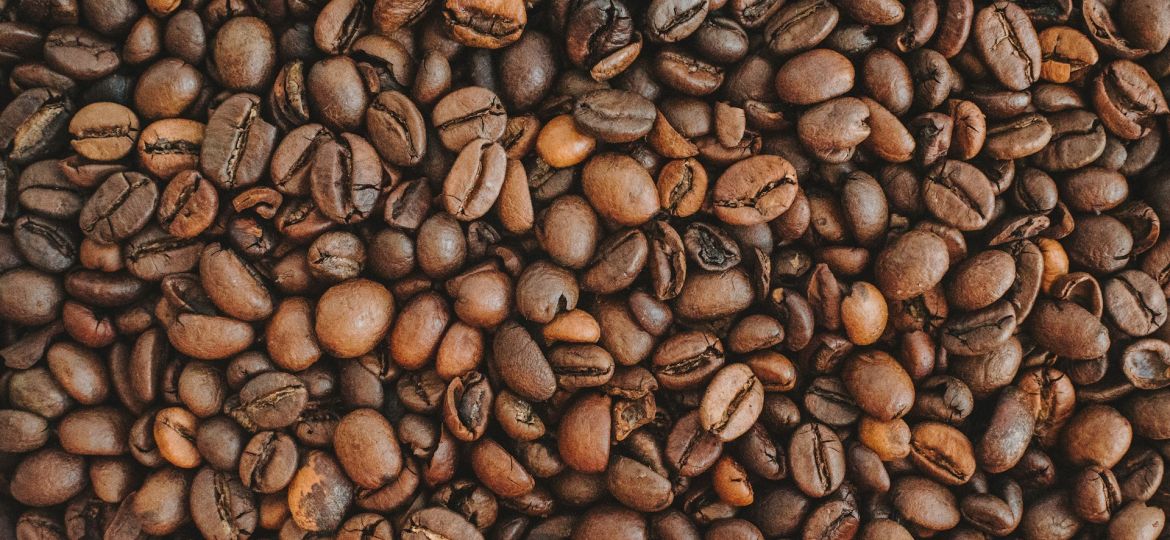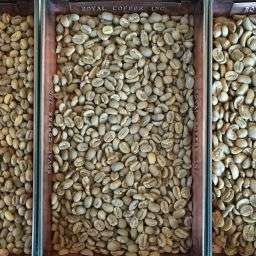
The discussion around the expiration of coffee beans often comes with numerous misconceptions. Many believe that coffee beans, like many perishable goods, have a definitive expiration date after which they are not safe to consume.
However, the truth is more nuanced. Coffee beans do not expire in the way that dairy products or meat do; instead, they gradually lose their freshness and flavor over time. This decline in quality affects the taste of the coffee but does not render the beans unsafe for consumption.
Understanding Coffee Bean Freshness
Freshness in coffee beans is a critical factor that influences their taste profile significantly. The concept of freshness is primarily associated with the beans’ roasting date. Freshly roasted coffee beans offer a vibrant range of flavors and aromas, which begin to diminish as time passes.
The peak flavor of coffee beans is maintained only for a brief period post-roasting, making the freshness a pivotal aspect of their quality and taste. This decline in sensory attributes underscores the importance of consuming coffee beans as close to their roasting date as possible to enjoy the full spectrum of their flavor profile.
Does Roast Level Affect Coffee Bean Shelf Life?
The rate at which coffee beans “expire” or lose their freshness is influenced by their roast level. Light, medium, and dark roasts each have distinct characteristics and respond differently over time. Light roasts, due to their minimal processing, tend to retain their original qualities longer, albeit marginally. In contrast, dark roasts, with their oils more exposed, may seem to lose their peak flavors slightly quicker.
However, the difference in the rate of freshness loss between roast levels is generally minimal, with storage conditions playing a far more significant role in preserving coffee bean freshness.
Whole Beans vs. Ground Coffee: A Freshness Perspective
The comparison between whole beans and ground coffee in terms of shelf life and freshness is stark. Whole coffee beans maintain their quality for a longer period, as the reduced surface area exposed to air slows down the oxidation process. Conversely, ground coffee, with its increased surface area, begins to lose its flavor and aroma at an accelerated pace.
Grinding coffee beans just before brewing is recommended to ensure the freshest taste, highlighting the importance of minimizing the time between grinding and brewing.
The Role of Storage in Preserving Coffee Bean Freshness
Storing coffee beans correctly is crucial in extending their freshness. Optimal storage involves keeping the beans in an airtight container away from light, moisture, and strong odors. Airtight containers prevent oxygen from interacting with the beans, thus slowing down the oxidation process that leads to staleness.
Furthermore, storing coffee beans in a cool, dark place can help preserve their quality for longer periods. Avoiding moisture is particularly important, as it can lead to mold growth, significantly degrading the coffee beans’ quality and safety for consumption.
Can You Use Expired Coffee Beans Safely?
Utilizing coffee beans past their “best by” date is generally safe, but it’s crucial to inspect them for signs of spoilage, such as mold or rancidity. Moldy beans will exhibit white or gray spots and should never be consumed due to health risks. Rancid beans, on the other hand, lose their natural gloss and acquire an unpleasant odor, indicating that the oils within the beans have started to degrade.
Always trust your senses; a noticeable decline in aroma or the presence of an off-smell is a clear sign that the coffee beans are past their prime and should be discarded.
The Impact of Expiry on Coffee Taste and Quality
As coffee beans age, their taste and aroma undergo significant changes, moving away from the vibrant and nuanced profiles expected from fresh beans. The loss of these key sensory attributes results in a cup of coffee that may taste bland, excessively bitter, or sour. This degradation is due to the natural oxidation process, which accelerates once the beans are exposed to air, light, and moisture.
The freshness of the coffee beans is paramount for achieving a rich and satisfying coffee experience, with stale beans failing to deliver the depth of flavor and aroma characteristic of freshly roasted beans.
Creative Uses for Expired Coffee Beans
Coffee beans that are no longer optimal for brewing can still find a second life in various creative applications. These beans can be repurposed as a natural deodorizer, absorbing unwanted odors in places like your refrigerator or car. Additionally, they can serve as a base for homemade body scrubs, where their abrasive texture helps exfoliate the skin, while their natural oils provide moisture.
Gardeners might also use them as compost or a mulch alternative, as coffee beans can add essential nutrients to the soil, benefiting plant growth.
FAQs
- How can I tell if my coffee beans have gone bad? Check for mold, a musty or rancid smell, and any loss in the natural sheen of the beans. Fresh beans should be glossy and have a strong, pleasant aroma.
- Does freezing extend the shelf life of coffee beans? Freezing can help prolong the freshness of coffee beans when done correctly. Store the beans in an airtight bag to prevent moisture and odor absorption. However, once thawed, do not refreeze, as the temperature changes can affect the beans’ quality.
Final Thoughts
While coffee beans don’t expire in the traditional sense, their flavor, aroma, and overall quality diminish over time. Safely using coffee beans past their “best by” date is possible if they show no signs of spoilage. However, for the best coffee experience, freshness is key.
Proper storage—away from air, light, and moisture—can extend the life of your coffee beans, preserving their delightful flavors and aromas. Should your beans move past their prime for brewing, consider repurposing them creatively. Ultimately, understanding and managing the factors that impact coffee bean freshness can greatly enhance your enjoyment and use of coffee.









